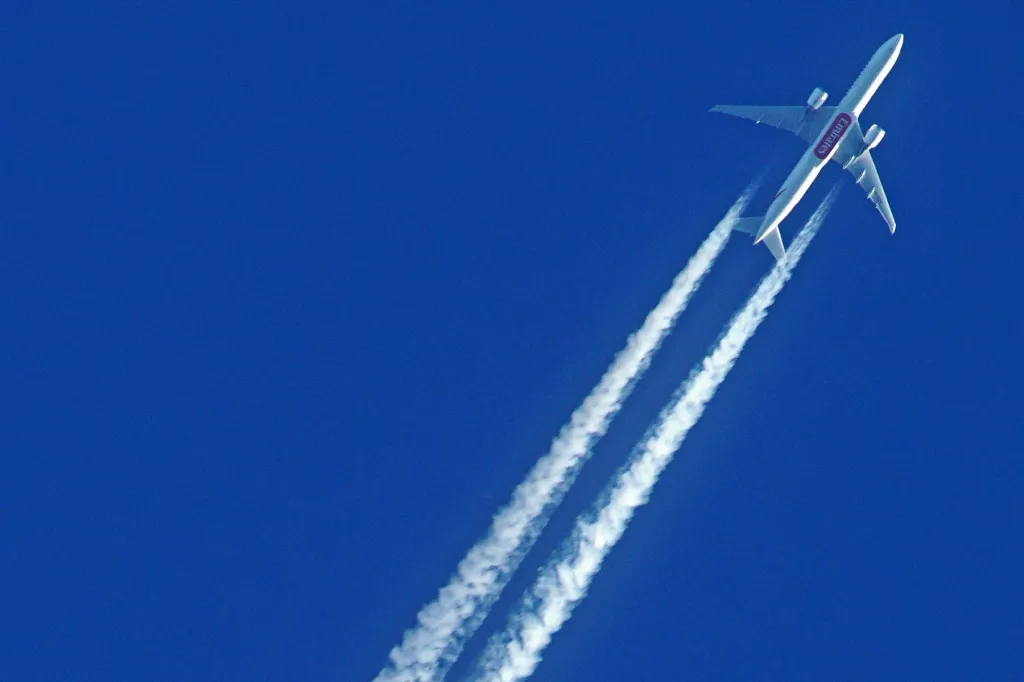German Innovation in Carbon-Neutral Aviation Fuel Production
Key Ideas
- German breakthrough in producing carbon-neutral aviation fuel offers hope in reducing aviation's carbon emissions.
- Eco-fuels like synthetic airline fuels from fossil-free electricity and recycled CO2 could make aviation sustainable.
- Challenges include high costs of renewable fuels and the limited technical solutions for energy transition in aviation.
- Experts emphasize the need for policy support and innovation to accelerate the adoption of sustainable aviation fuels.
A German breakthrough in producing carbon-neutral aviation fuel at an industrial scale is offering hope to reduce aviation's carbon emissions. The innovative 'eco-fuels' or 'e-fuels' are synthetic airline fuels made from fossil-free electricity and recycled carbon dioxide. Despite the promising technology, experts like chemical engineer Maartje Feenstra from the University of Sydney caution that sustainable aviation fuels face challenges. These challenges include high costs compared to traditional fuel and limited technical solutions for energy transition in sectors like aviation, maritime shipping, and steel production. While the aviation industry is pushing for policy environments supportive of sustainable airline fuels, such fuels currently represent only 0.7% of global fuel usage. Researchers are exploring various alternatives, including synthetic biofuels, algae, hydrogen, and carbon-neutral synthetic fuels. The European Union aims for sustainable aviation fuels to constitute 2% of the European supply by 2025, with a lofty goal of 70% by 2050. Recent advances by the Kopernikus P2X project, led by the Karlsruhe Institute of Technology and Sunfire, showcase the production of synthetic kerosene using water vapour and CO2 co-electrolysis technology. This pioneering process aims to convert syngas into long-chain hydrocarbons, offering a potential solution for sustainable aviation fuel production. Despite these advancements, the industry faces challenges in scaling up the technology and addressing the higher costs of renewable fuels. Experts like Tracey Dodd emphasize the importance of supporting sustainable aviation fuels to decarbonize the industry and combat 'flight shame.' Dodd encourages innovation and collective efforts to enable a sustainable aviation revolution, pointing out the need for business and policy support to drive the adoption of eco-friendly fuel sources.
